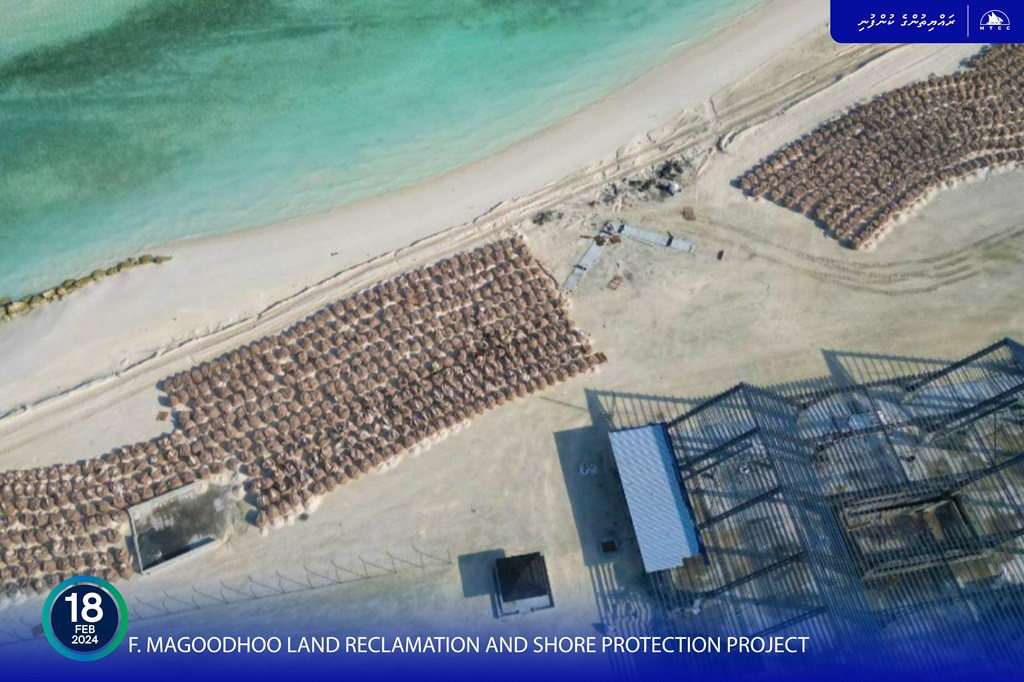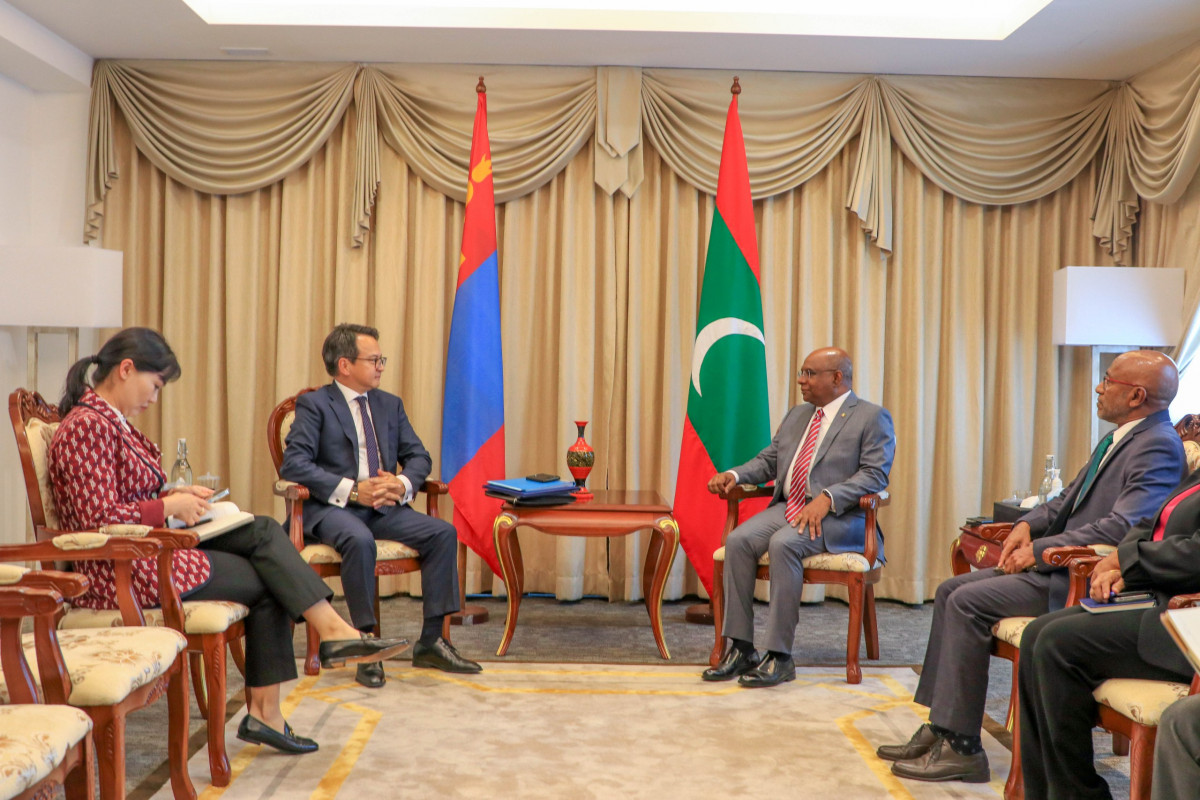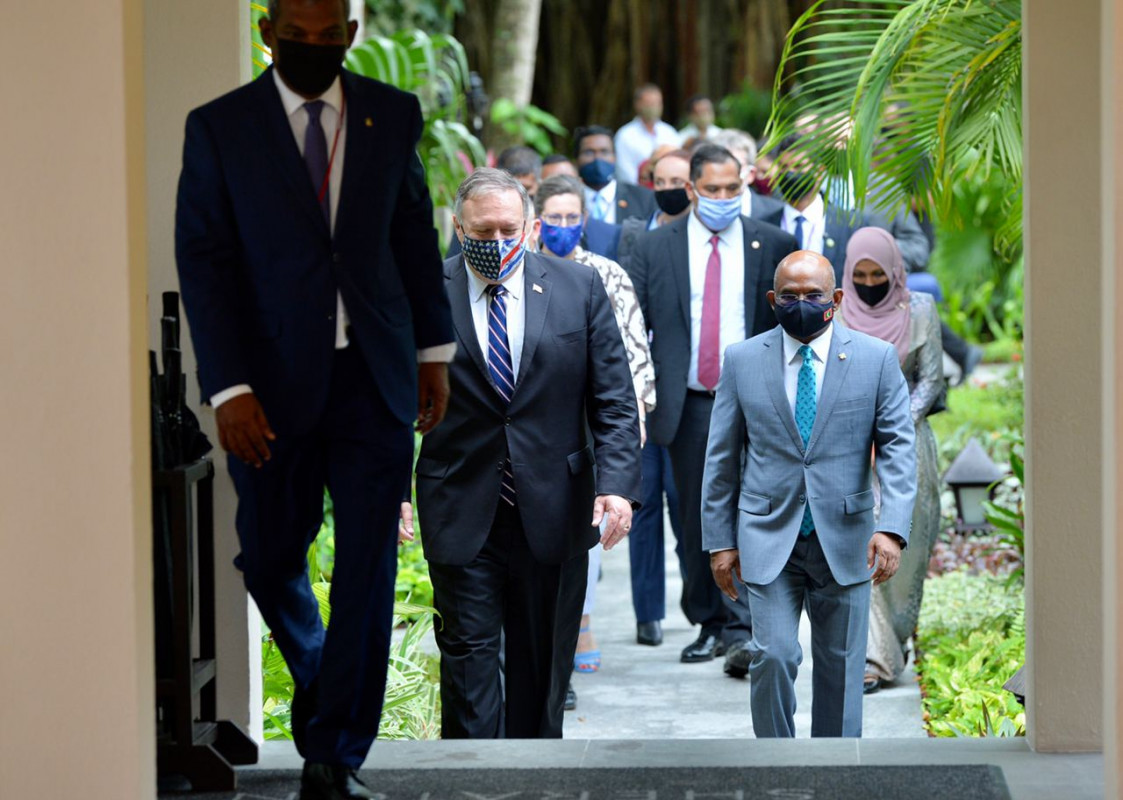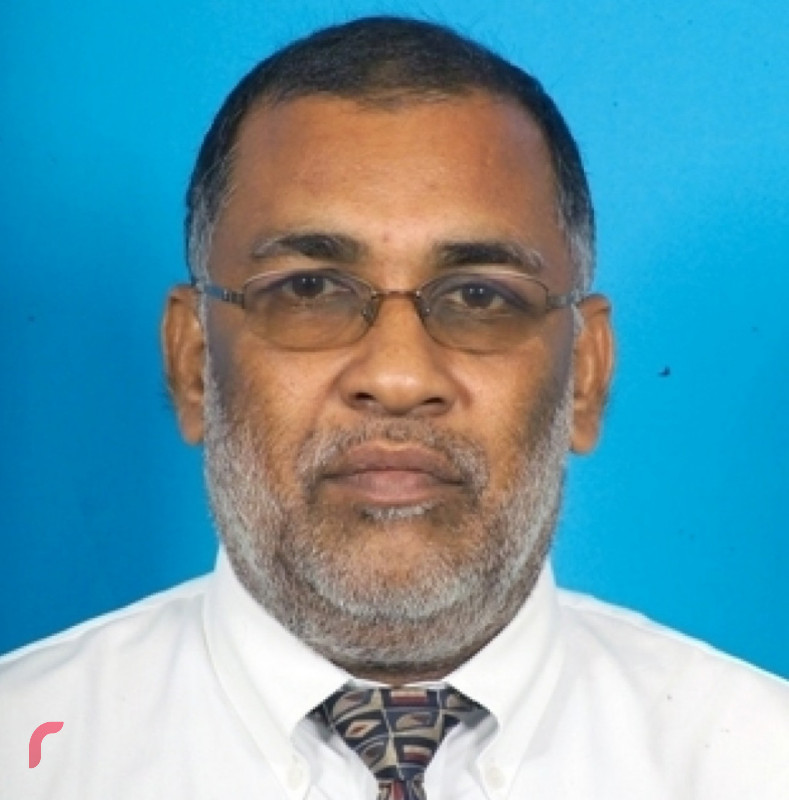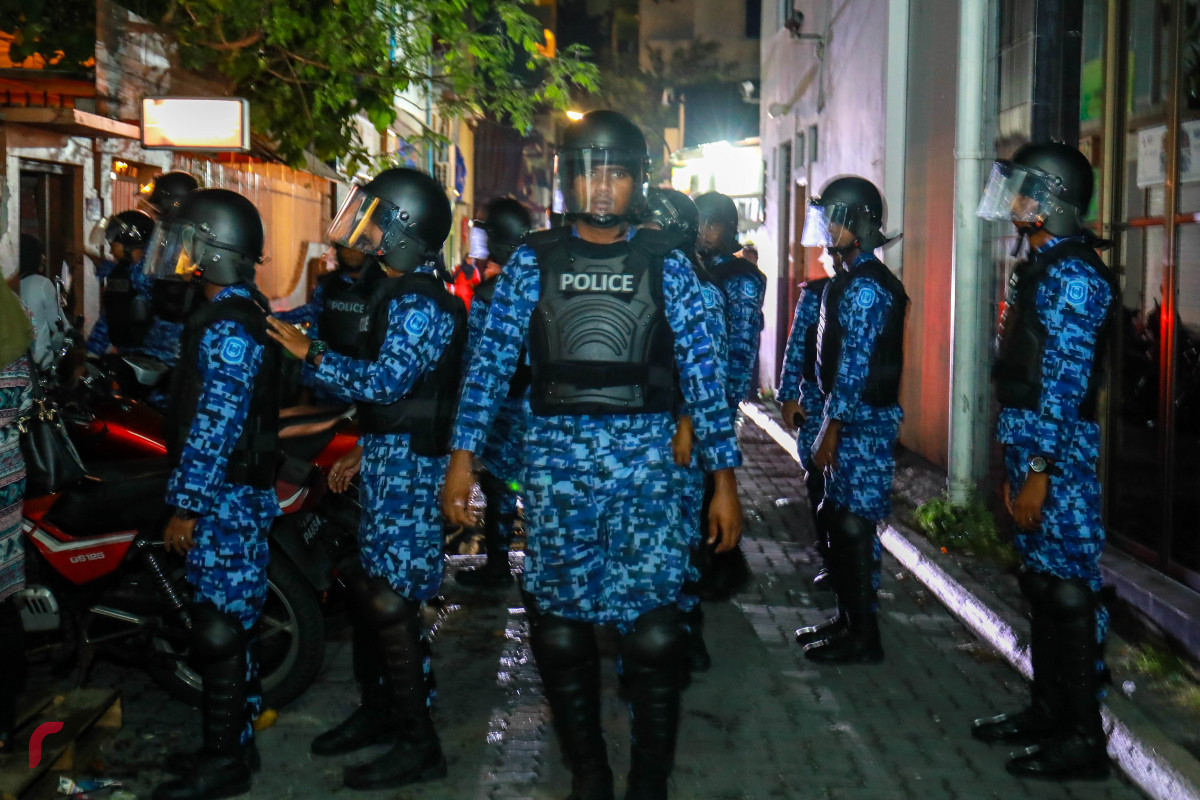Maldives' growing garbage problem
While President Nasheed made an attempt to overhaul the waste management system, President Yameen’s government had binned his plans
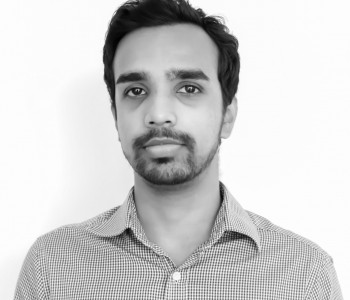

Garbage thrown out on the side of a road in Male\' City
While President Abdulla Yameen has said that implementing better waste management solutions is a priority for his administration, it seems that the problem is becoming more severe.
In a ruling party rally in early 2017, President Yameen blamed Tatva Renewable Energy, an Indian company, for the garbage problem in capital Male’ City, despite the waste management agreement made with the company during former President Mohamed Nasheed’s administration being nullified in 2015.
While the Nasheed administration made an attempt to overhaul the waste management system, Yameen’s government had binned his plans after coming to power.
Even now, garbage is littered all around the capital seemingly in abundance. The Male’ City Council took note of this in a press release on Monday, calling on the housing ministry to make a better effort to manage waste and keeping the streets clean.
The Male’ City Council highlighted that it has received numerous complaints of garbage being littered on the roads, slowing down traffic, and in public areas, causing foul odors.
The problem has become so severe that even the police service has been recruited to combat it. The police service last month signed an agreement with the environment ministry and Waste Management Corporation (WAMCO) to create a special ‘environment police’ unit to penalize illegal waste collectors, who often dump their garbage on the streets or empty lots.
At the agreement signing ceremony, acting police commissioner Abdulla Nawaz said that people will see a noticeable improvement in the coming days and that the service will be introduced to other islands.
Meanwhile, Thilafushi island where most of the country’s garbage ends up, is a growing problem that authorities have failed to tackle. On the island, which lies close to Male’ City, migrant workers process and burn mountains of untreated trash, including batteries, asbestos, and medical waste, with some breaking away and floating into the Indian Ocean.
With Yameen’s administration being enveloped in more and more controversies and possible sanctions from the international community looming over it, there is scepticism on whether the government has the will to implement a long-term waste management strategy.
Meanwhile, a growing number of islands and tourist resorts are taking matters into their own hands. In Alif Alif Ukulhas island, locals use natural waste to make compost. The island, located 44 miles from Male’ City, is well known for its good waste management practices, which was developed with a grant from the United Nations Development Programme (UNDP). Residents from other islands come to Ukulhas to learn and replicate its techniques.
Kurumba, the first ever resort established in the Maldives, has developed a waste management system that cuts its rubbish output by 70 percent. Reethi Rah resort has in-house composting and recycling, and Club Med’s Finolhu Villas resort is looking to achieve “zero waste” through recycling and reuse.
But local efforts to implement these ideas in most islands are stifled by a lack of funding, and the government seems too distracted to provide any.

